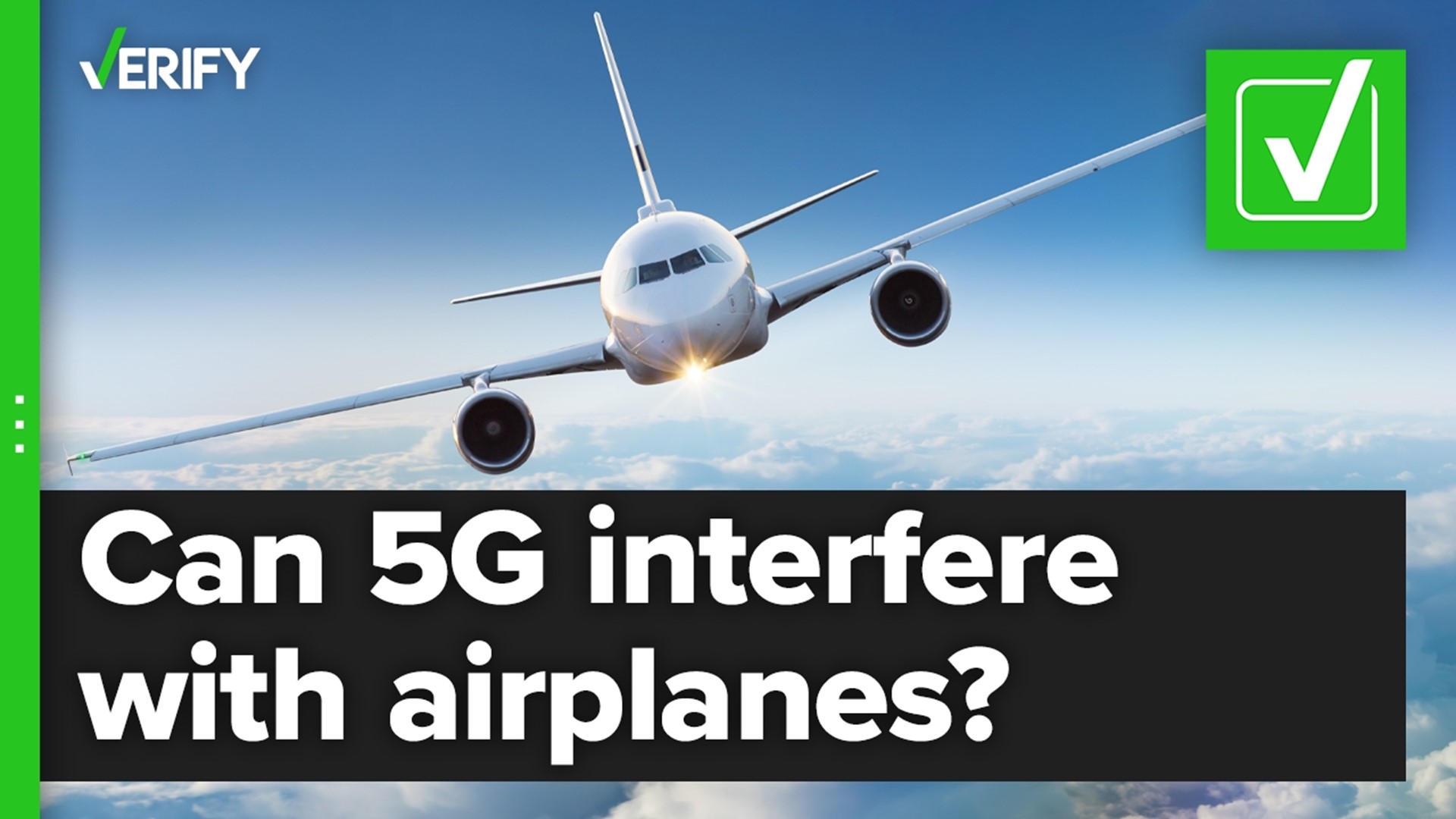LITTLE ROCK, Ark. — (Eds. note: The video shown above is from December 2021.)
According to the Federal Aviation Administration, the Bill and Hillary Clinton National Airport is among other U.S. airports where AT&T and Verizon have delayed the availability of their new wireless service.
This comes after the nation's largest airlines said it would interfere with sensitive aircraft technology and cause extensive flight disruptions.
This week, the FAA added the state's largest airport to its list around which the telecommunications companies say they have created a buffer zone that limits the potential for its 5G wireless service to interfere with airline traffic.
According to Arkansas Business, officials at the airport don't think the new wireless system will affect its operations for now.
"Runway 22R, our primary commercial runway, contains the instrument landing system that the FAA has prohibited for use in low visibility approaches on certain aircraft due to concerns regarding the new 5G C-Band service," Shane Carter, the spokesman for Clinton National, said in an email. "However, the new 5G service will not immediately impact operations at Clinton National Airport as that particular runway is currently closed through the summer for construction work."
AT&T said it would delay turning on new cell towers around runways at some airports — it did not say how many — and work with federal regulators to settle the dispute.
A short time later, Verizon said it will launch its 5G network but added, “we have voluntarily decided to limit our 5G network around airports." It blamed airlines and the Federal Aviation Administration, saying they “have not been able to fully resolve navigating 5G around airports” although it is working in more than 40 countries.
AT&T and Verizon say their equipment will not interfere with aircraft electronics, and that the technology is being safely used in many other countries.

